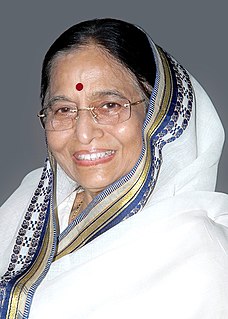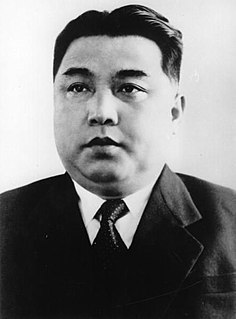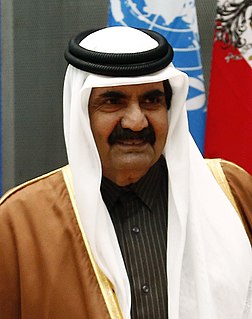A Quote by Kofi Annan
How can you have a world of today where India is not represented in the Security Council; Japan, the second contributor, is not there; the whole continent of Africa, soon to be 54 countries, don't have a single permanent seat; and Latin America is absent? It's not realistic.
Related Quotes
The United States of America is a threat to world peace. Because what [America] is saying is that if you are afraid of a veto in the Security Council, you can go outside and take action and violate the sovereignty of other countries. That is the message they are sending to the world. That must be condemned in the strongest terms.
Industrialized countries have disproportionately more cancers than countries with little or no industry (after adjusting for age and population size). One half of all the world's cancers occur in people living in industrialized countries, even though we are only one-fifth of the world's population. Closely tracking industrialization are breast cancer rates, which are highest in North America and northern Europe, intermediate in southern Europe and Latin America, and lowest in Asia and Africa.
To achieve effectiveness and legitimacy it is time to scrap the right of veto given to permanent members of the UN, or at least severely restrict its use. It is also time to either abandon the idea of permanent membership or broaden it to reflect the rise of non-Western states to the status of global leaders (e.g. Brazil, India, Indonesia, Turkey, South Africa), and to downgrade European representation by either giving the European Union a single seat or rotating a European state among Germany, France, UK, and Italy.
The Security Council represents the situation from 1945 - you had the Allies who won the war who occupied that. The defeated guys - the Germans and Japan - were out. The occupied countries had no voice. That was fine in '45, but today, Germany rules Europe, frankly. They are driving Europe but have no voice.
Taking the continent as a whole, this religious tension may be responsible for the revival of the commonest racial feeling. Africa is divided into Black and White, and the names that are substituted- Africa south of the Sahara, Africa north of the Sahara- do not manage to hide this latent racism. Here, it is affirmed that White Africa has a thousand-year-old tradition of culture; that she is Mediterranean, that she is a continuation of Europe and that she shares in Graeco-Latin civilization. Black Africa is looked on as a region that is inert, brutal, uncivilized - in a word, savage.








































